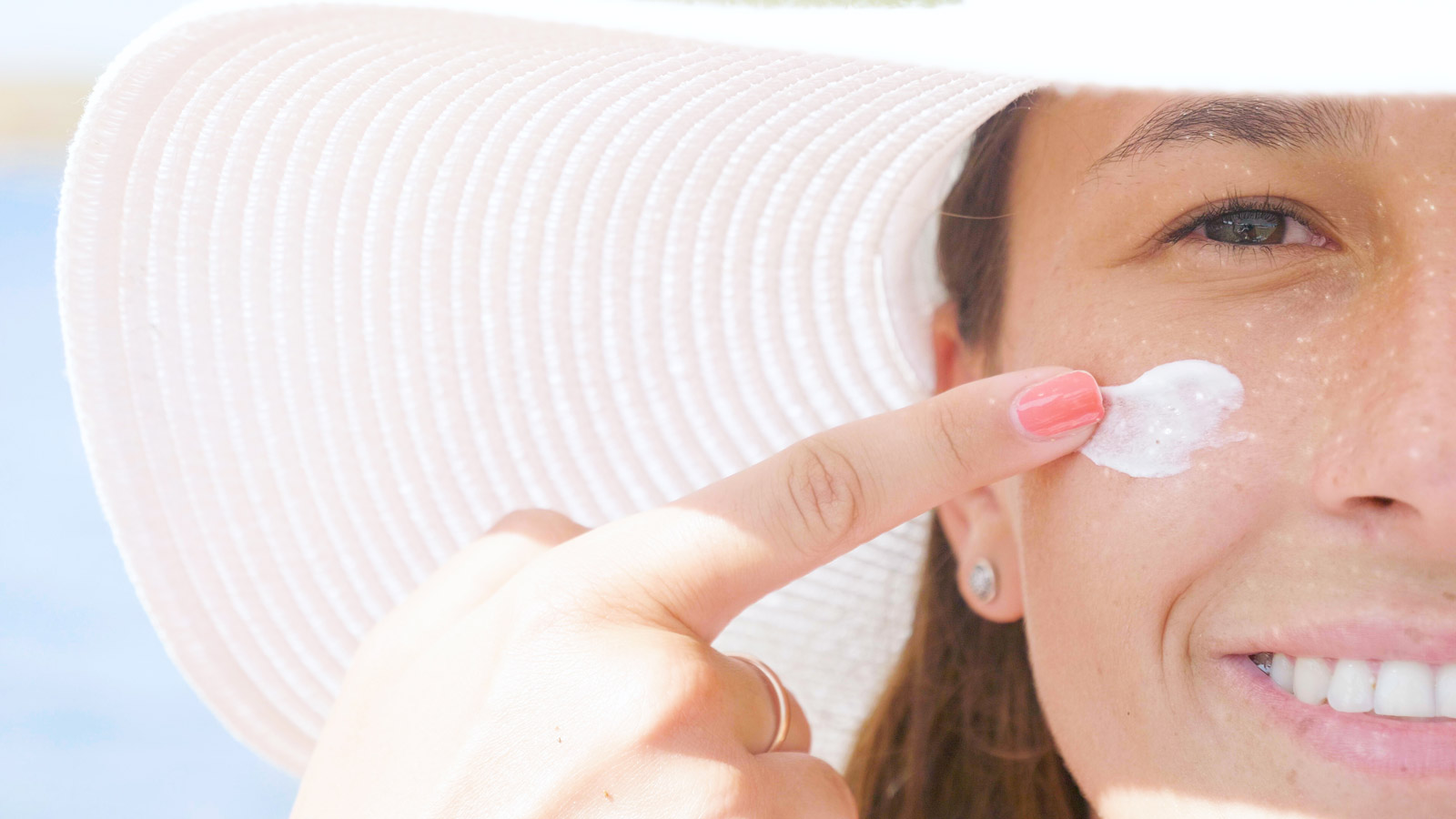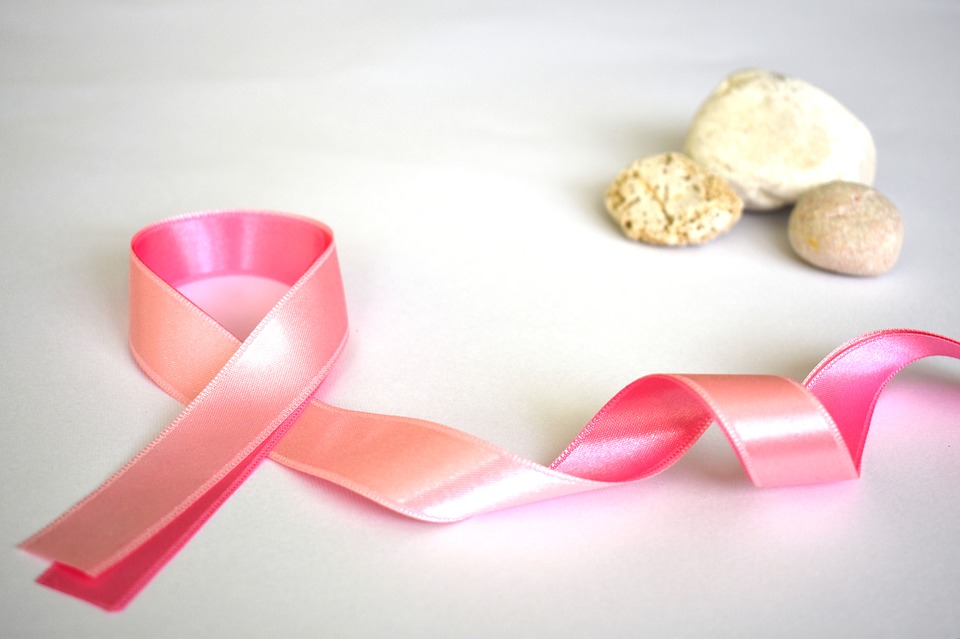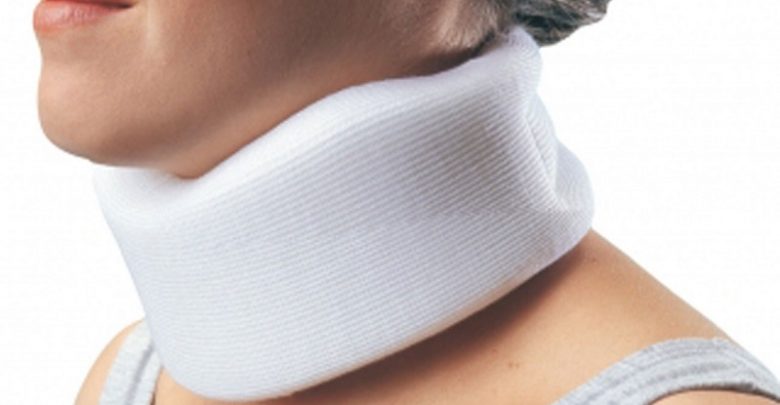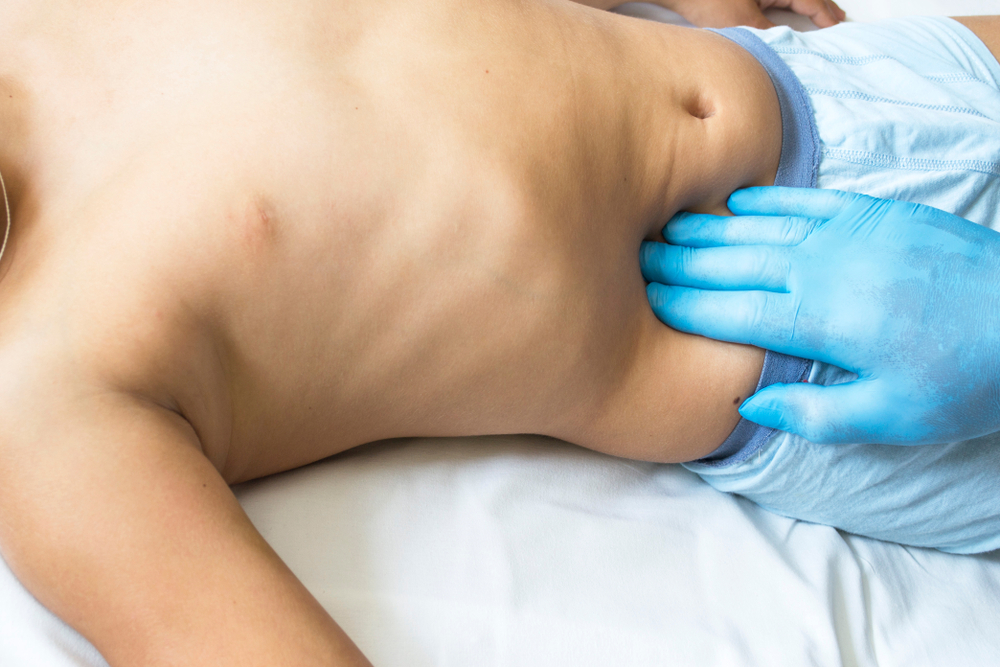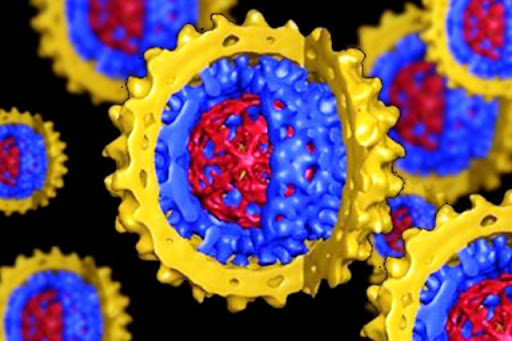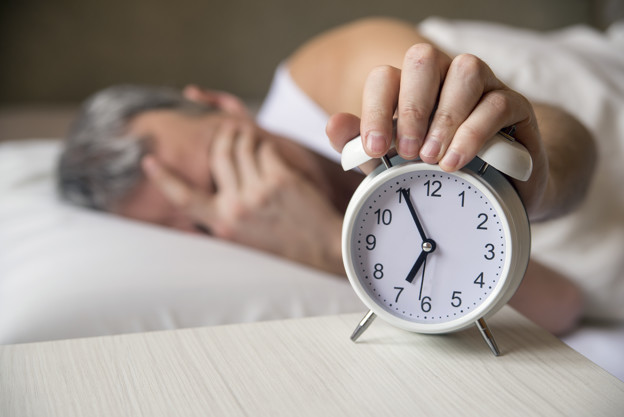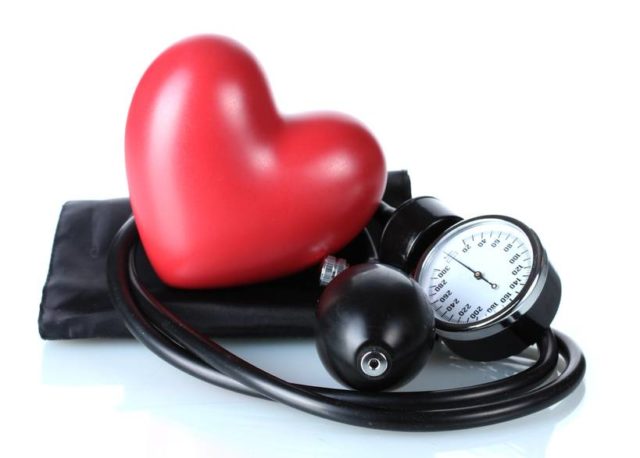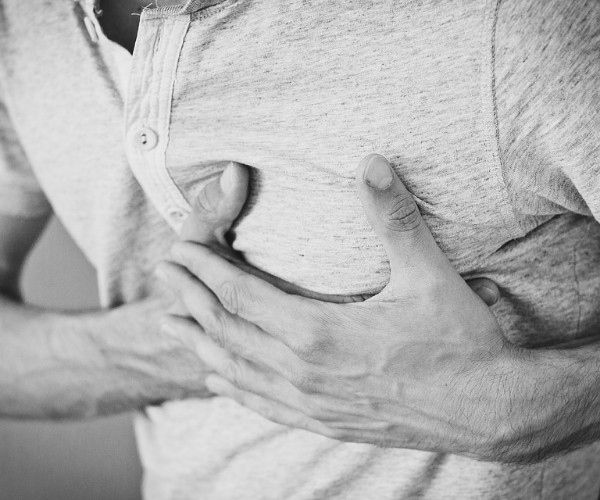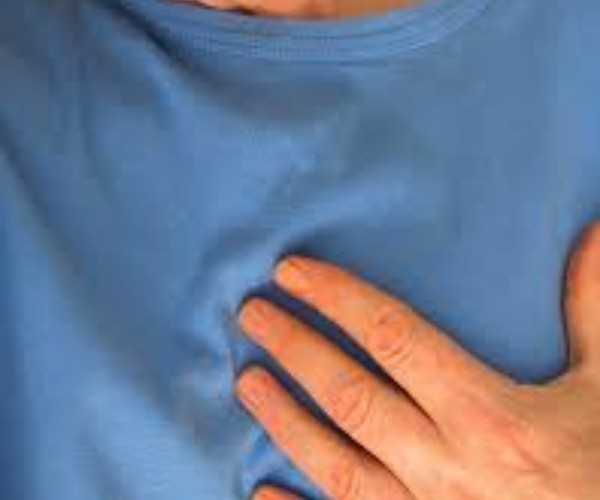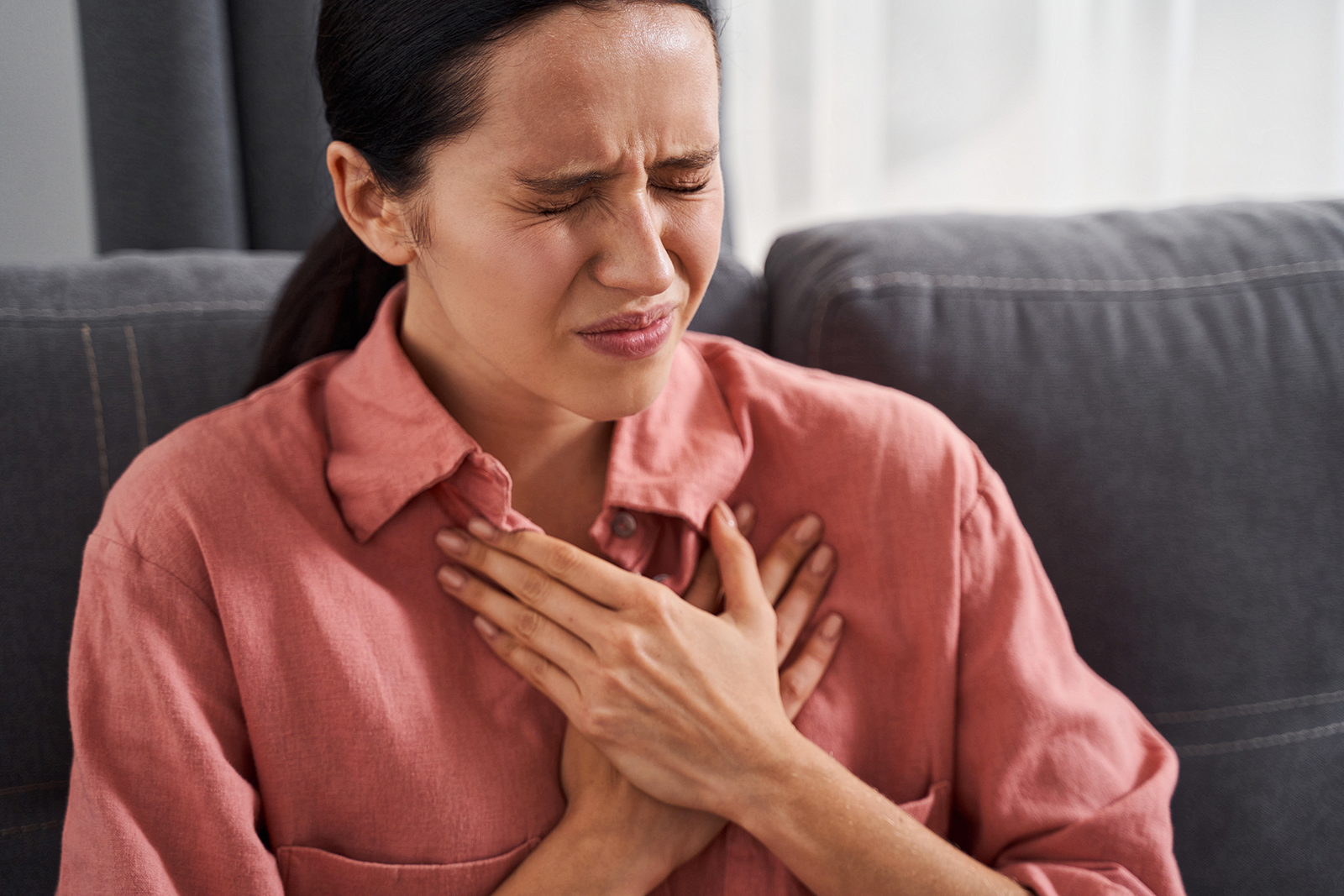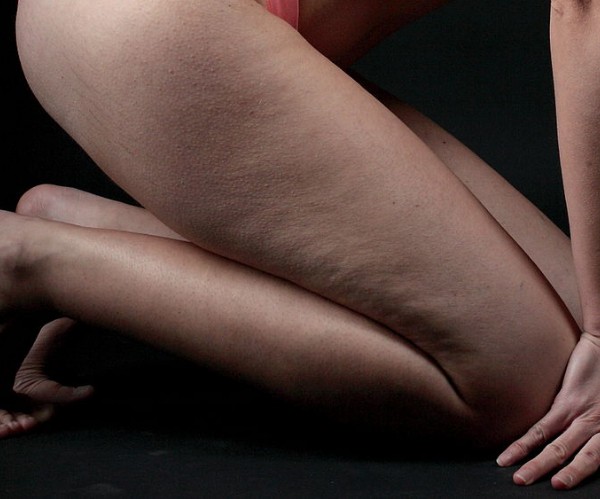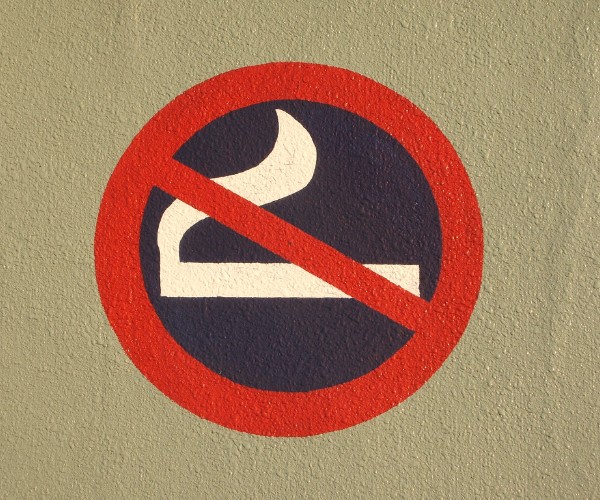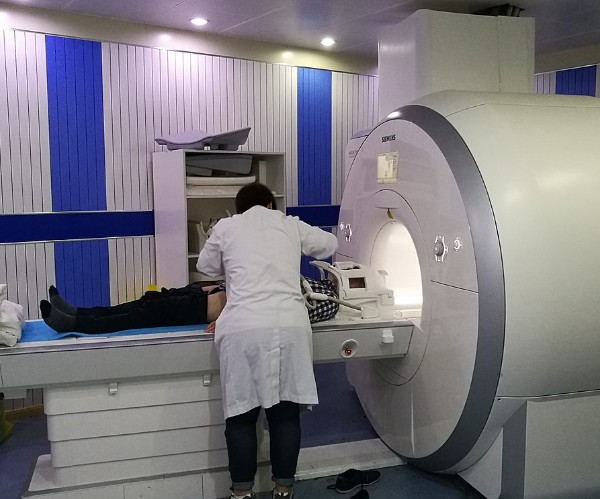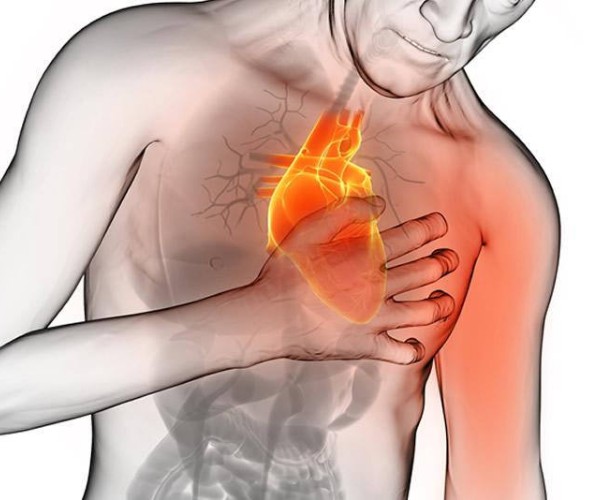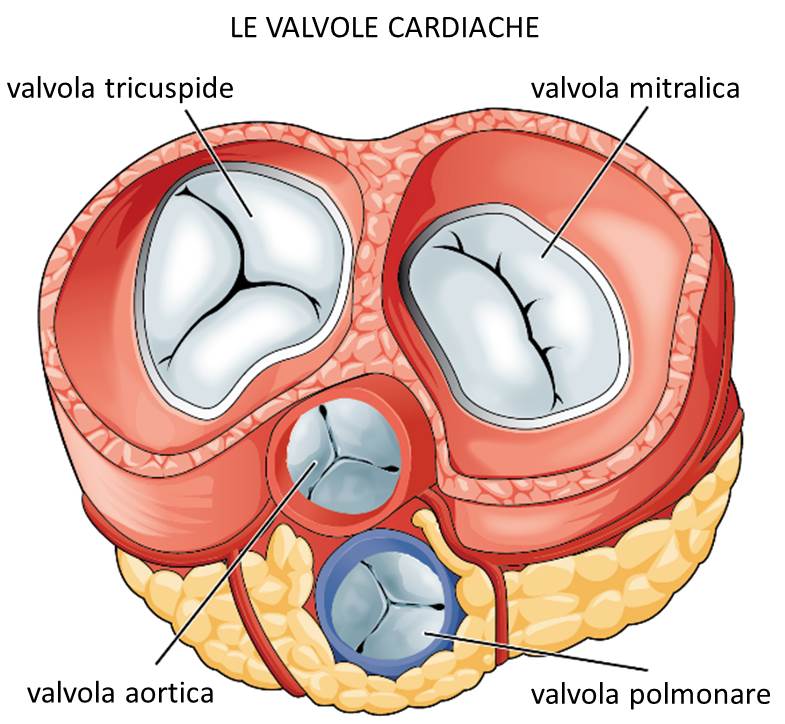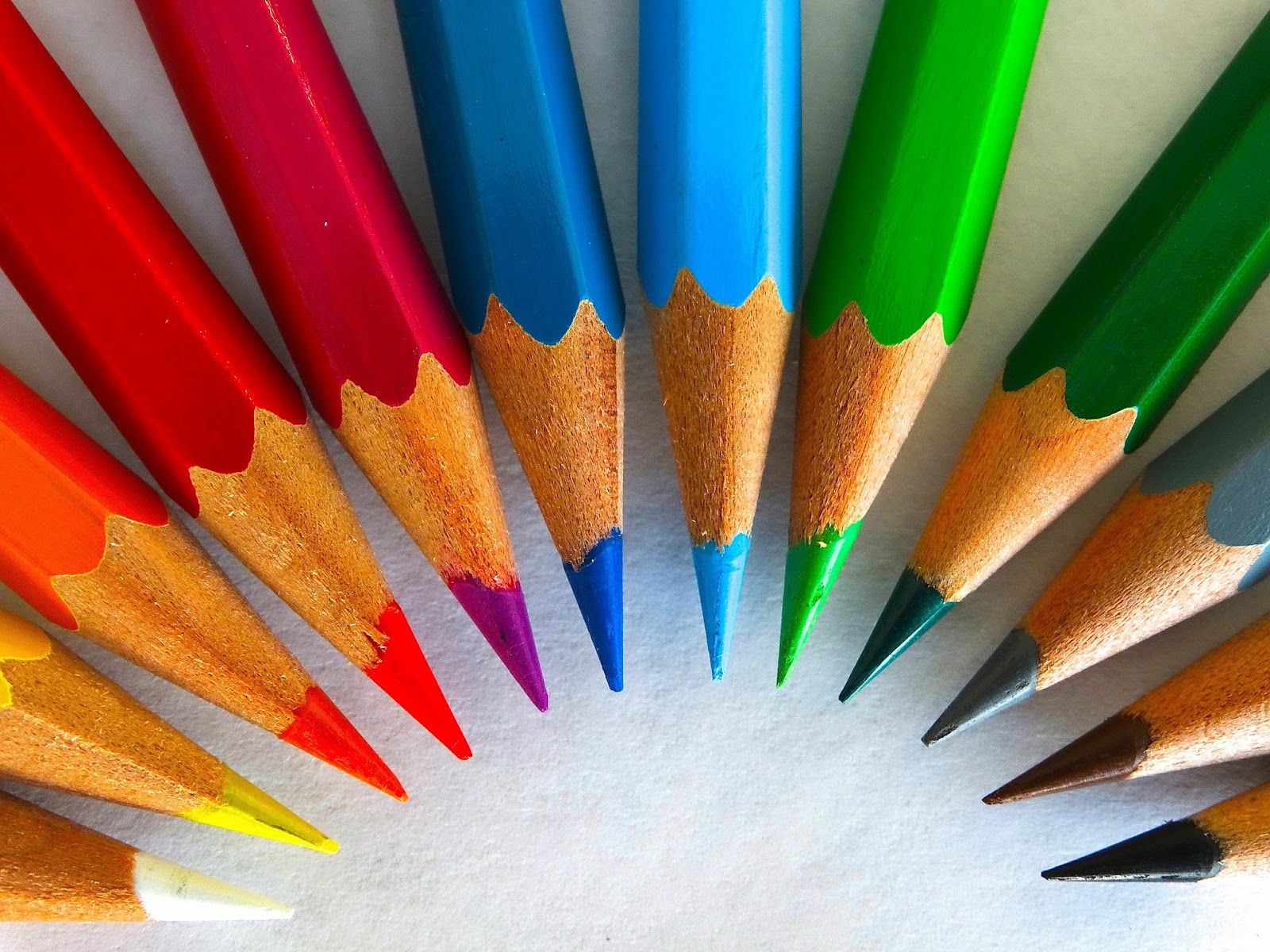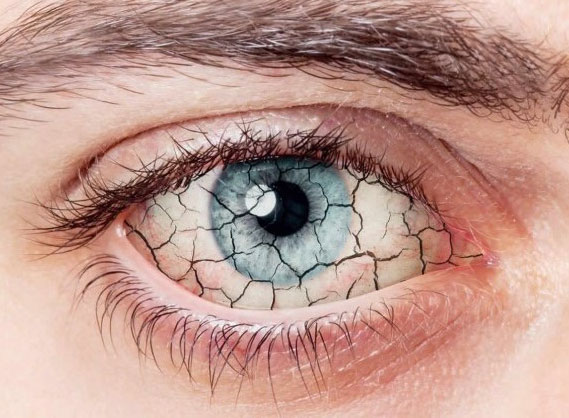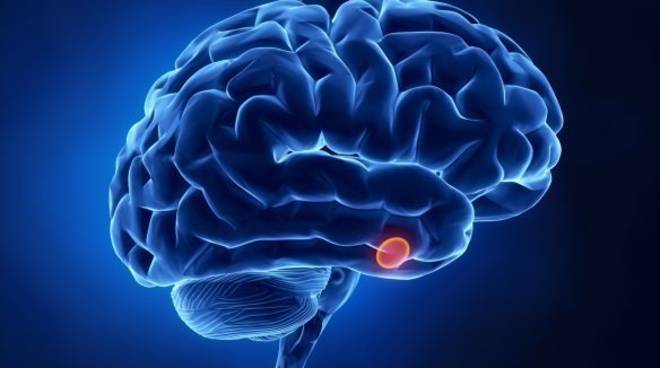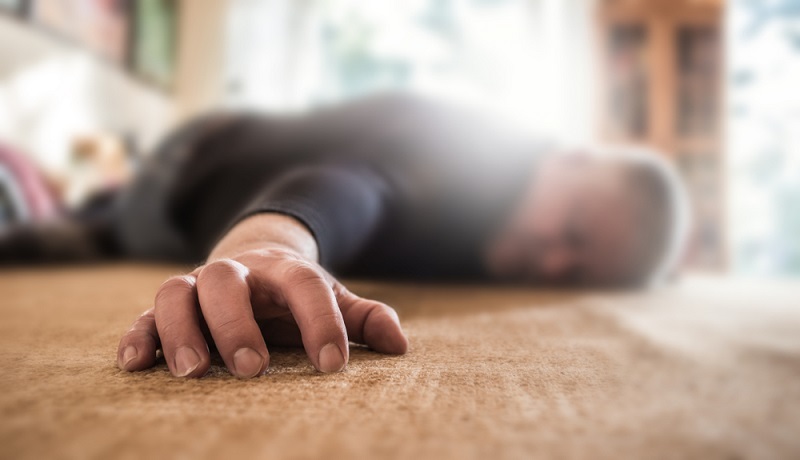It is well known that the body is composed of fluids and electrolytes, that is, water and mineral salts such as sodium, potassium, manganese, and many other components, all of which are useful in sustaining continuous energy expenditure.
This is all about hydration, that is, the constant, daily supply of fluids that we need to live.
Dehydration occurs when you use or lose more fluid than you use and the body is deprived of the water it needs for its organic functions.
Normally and every day we need to keep hydrated at all times, but during the warmer months, due to constant sweating, fluid loss can become significant causing the body to become dehydrated.
Anyone can become dehydrated, but this condition is most dangerous for children and the elderly. Children may mainly lose fluids through episodes of vomiting and diarrhea, while the elderly may mainly lose fluids through taking medications.
If you are dehydrated, you may experience symptoms such as a mild state of exhaustion, lowered blood pressure, various muscle cramps and especially in the legs, faster heart rates, and sometimes reduced blood circulation to the extremities (e.g., hands and feet).
So what. Drink enough water during hot weather, especially if you exercise, preventing mild dehydration from turning into more severe dehydration, where specific medical treatment is needed.



